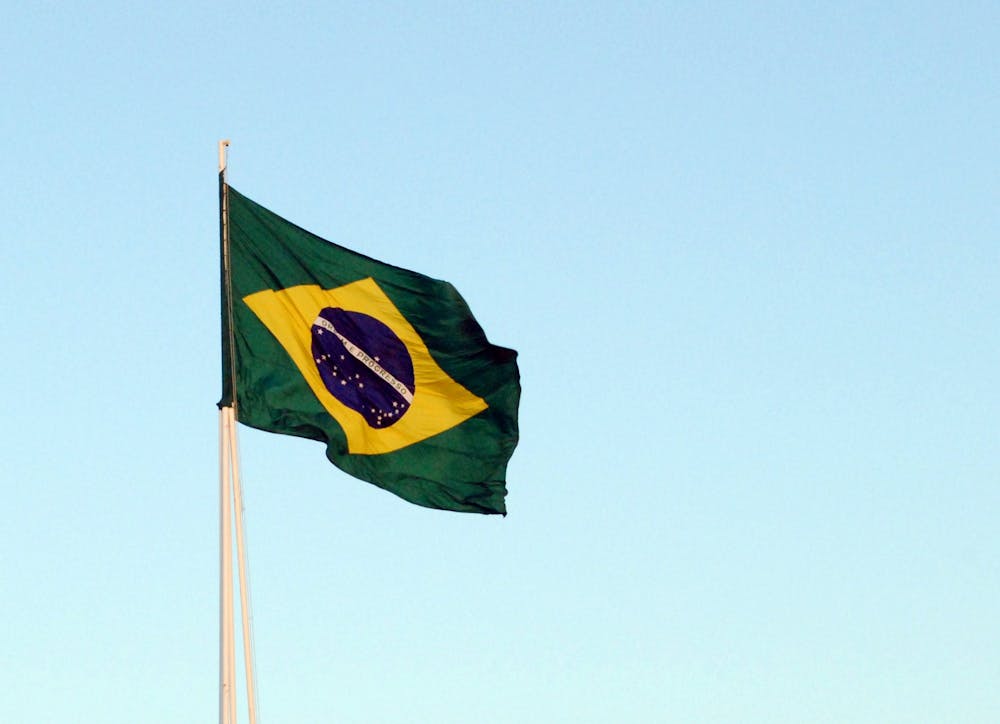In the wake of Luiz Inácio Lula da Silva’s narrow victory over incumbent Jair Bolsonaro in Brazil’s presidential runoff election on Sunday Oct. 30, Princeton faculty shared their perspectives on the state of electoral politics in Brazil and what Lula’s presidency will mean for the nation.
Lula was elected with 50.9 percent of the vote in this past week’s election, which occured after neither candidate earned more than 50 percent of the vote in an earlier election conducted on Oct. 2.
Princeton anthropology professor João Biehl, who co-directs the Brazil LAB (Luso-Afro-Brazilian studies), wrote to The Daily Princetonian that the election was close, not due to polarization, but due to “the rise and entrenchment of extremism.”
“Only one side was playing with the democratic rules. Human rights scenario attests to that,” Biehl wrote. “In four years of Bolsonaro, we saw ethnocide, anti-science discourse, a clear misogynistic policy plan, and the proliferation of weapons and ammunition … Lula was able to gather several groups (from the communist party to historic liberals) on his side, which is clearly not a sign of polarization.”
Right-wing candidate Jair Bolsonaro, first elected in 2018, was seeking a second term. His defeat in Sunday’s election made him the first president of Brazil to lose a bid for re-election in the country’s 37 years of democratic rule.
Lula was president of Brazil from 2003 to 2010 and belongs to the country’s left-wing Worker’s Party. In 2018, Brazil’s Superior Electoral Court barred Lula from running for the presidency due to a conviction for corruption in a case from the previous year. Brazil’s Supreme Federal Court eventually overturned Lula’s sentence in 2021, citing breaches of due process rights during the trial.
Thomas Fujiwara, an associate professor of economics and international affairs and associate director of Princeton’s Brazil LAB wrote to the ‘Prince’ that Lula’s former conviction “absolutely played a role in the rhetoric of [the] elections,” noting that Bolsonaro and his supporters call Lula a “thief” and a “criminal.”
“Brazilian courts have decided that the legal case against Lula did not follow due process and dropped all charges against him. So, from a legal perspective, he is an innocent man,” Fujiwara added.

Given Bolsanaro’s history of undermining democratic processes such as due process, Biehl noted how Lula’s victory in Brazil can be seen as a victory for democratic institutions.
“Brazilians should be proud to have democratically removed an autocrat from office. We all know that the longer they stay in power, the more they dismantle democracies, curtail social rights, and entrench domination,” Biehl said.
During his upcoming term as president, Lula has said he aims to curb deforestation and restore protections for Brazil’s indigenous peoples.
“Sunday was a rare happy day for Brazil, democracy and the planet,” Biehl wrote. “Lula affirmed his commitment to talk to the divergent to build a better Brazil. More importantly, he announced that his policy for the environment will be zero deforestation. Brazil is at the center of the global climate issue, and this is important for all of us.”

Despite these victories, many of the underlying problems which contributed to the rise of extremism still persist in Brazil.
“A share of Brazilians see Bolsonaro as a hero that is fighting for law and order and maintaining traditional/conservative cultural values and Lula as both a corrupt politician on the ‘other side’ of a ‘cultural war,’” Fujiwara said.
Biehl wrote, “Lula will have to find ways to win the support of some of the large segments, who voted for Bolsonaro for whatever economic or ideological reason … Lula will have to reanimate his party’s capacity to make alliances that prioritize development without losing sight of entrenched inequalities and the call for inclusion.”
Mark Rosario is a news contributor for the ‘Prince.’ Please send any corrections to corrections@dailyprincetonian.com.








